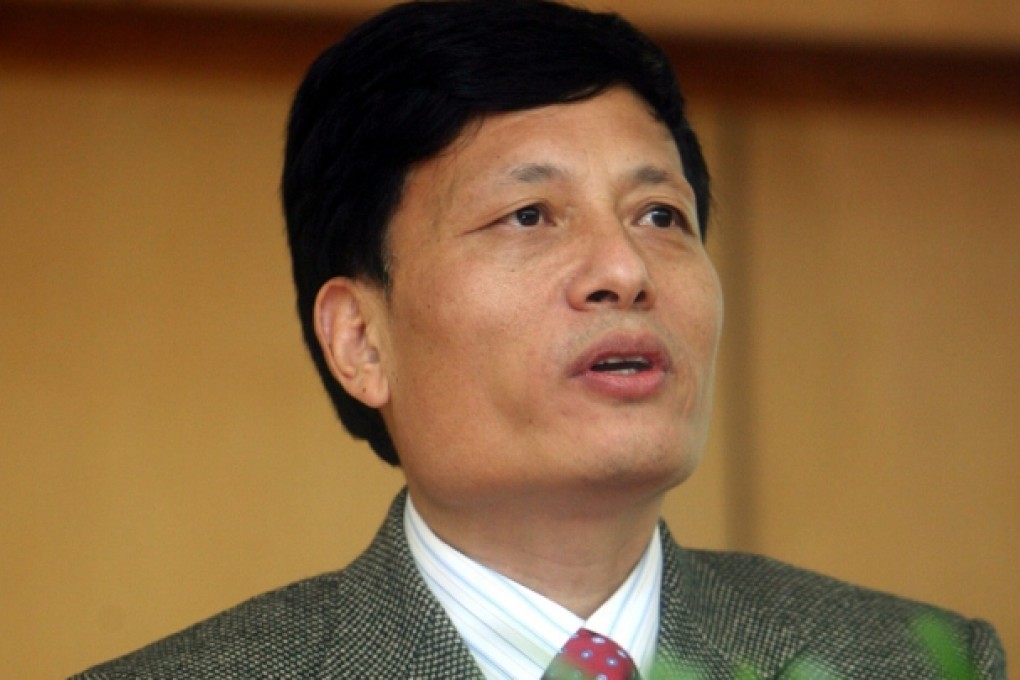Beijing steps up centralisation of power to control provincial leaders
More governors now have central government backgrounds and analysts say the trend of centralisation will continue for at least a decade

Beijing has sent more officials from ministries and state-owned enterprises to provinces during the latest leadership reshuffle, amid fears it may lose control of local governments, observers said.
They say the trend of centralising power is likely to continue for at least a decade.
More than 800 senior officials were elected to local governments, people's congresses and people's political consultative conferences during the reshuffle, which was wound up last week, Xinhua said. For the first time in nearly three decades, half of the 22 governors - most of whom were elected during the 18th party congress leadership reshuffle last year - had central government backgrounds, according to research by the Post.
Five years ago, only two governors were directly installed by Beijing.
Wang Xuejun, the 61-year-old governor of Anhui, is the latest Beijing-installed governor. He was the director of the State Bureau for Letters and Calls for nine years before being transferred in March.
Other senior officials transferred from Beijing to provinces this year include governor of Henan Xie Fuzhan, who was the former director for the State Council's Research Office, and Shandong governor Guo Shuqing, who spent most of his career at the State Council and in the mainland's money policy regulation sector.